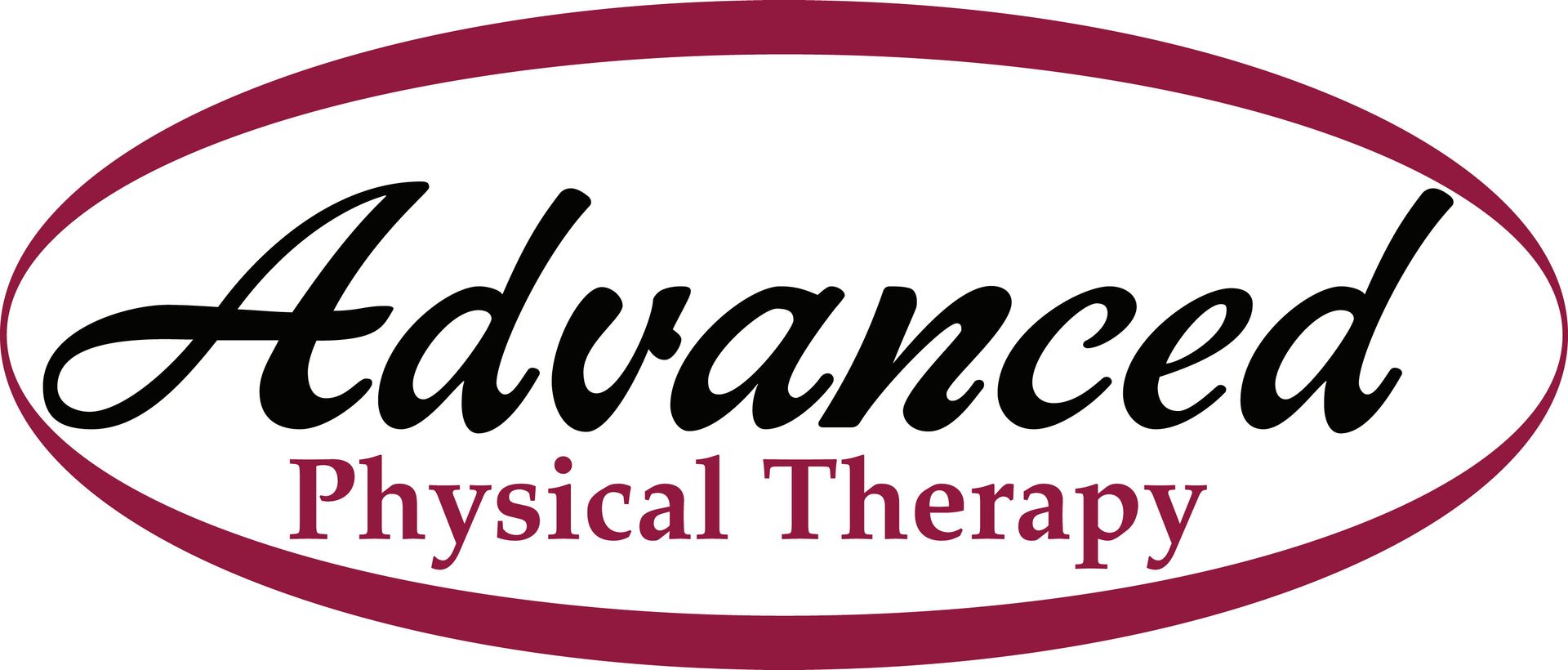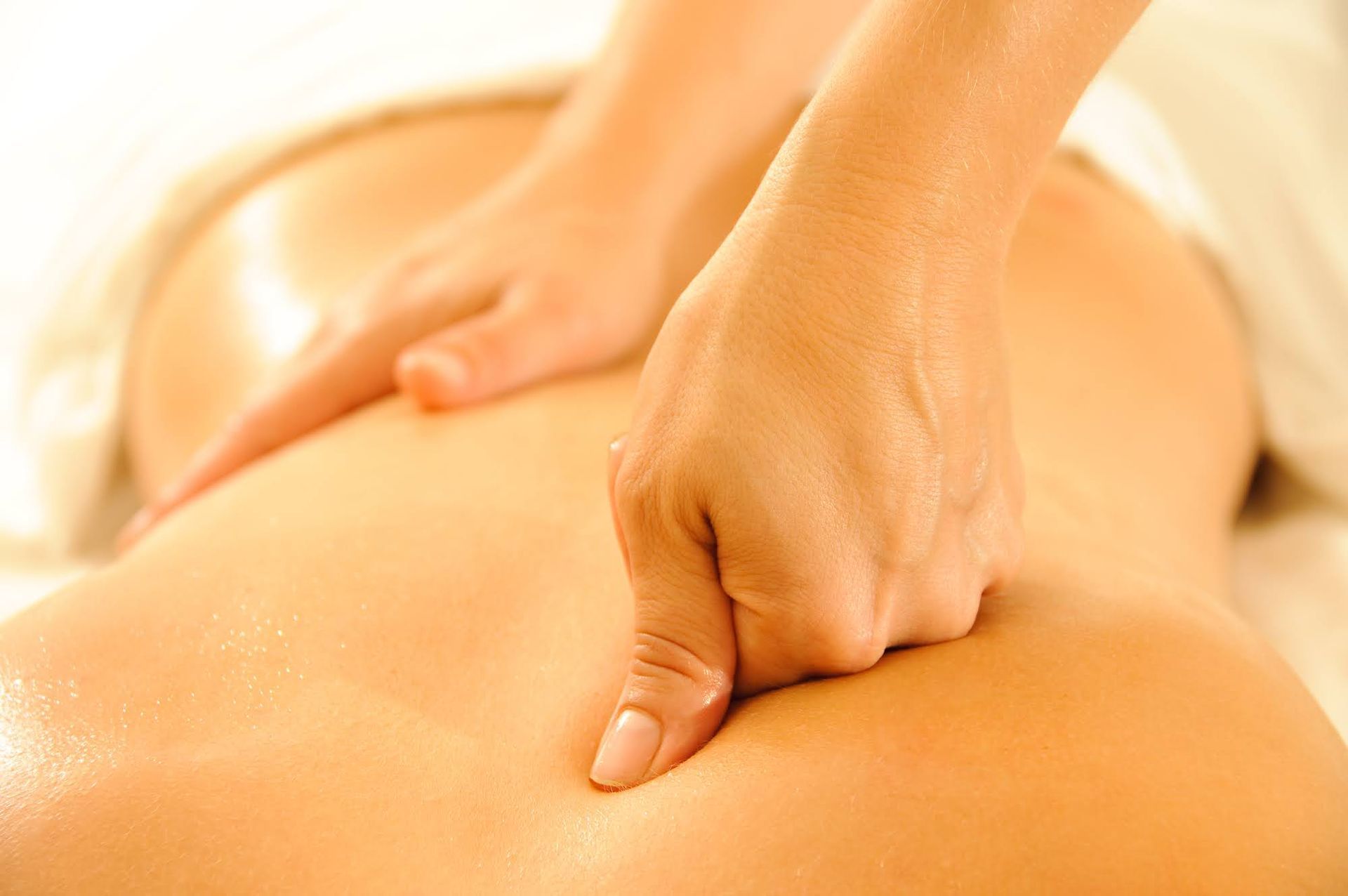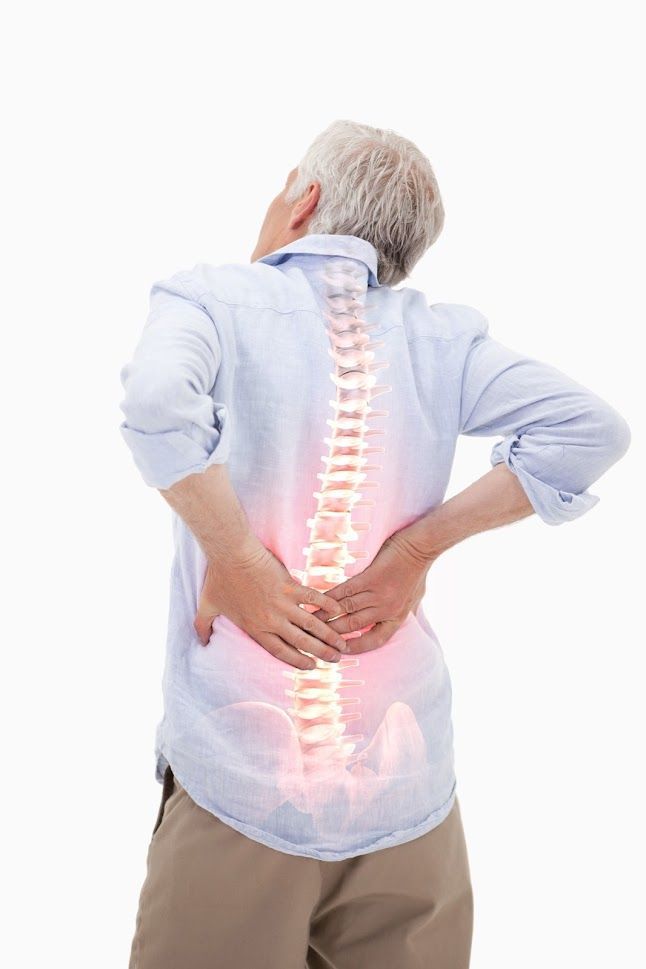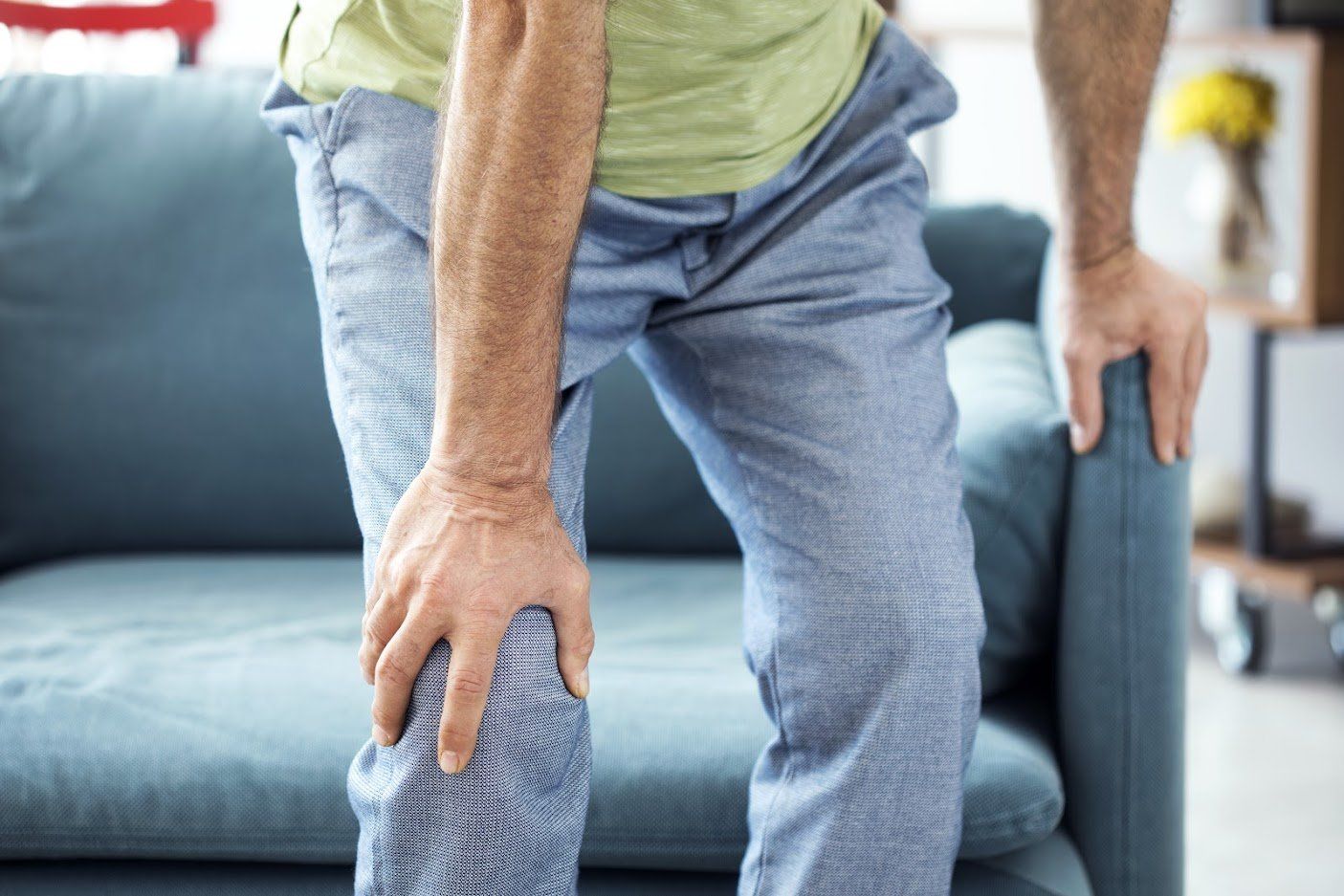Three Causes Of Carpal Tunnel
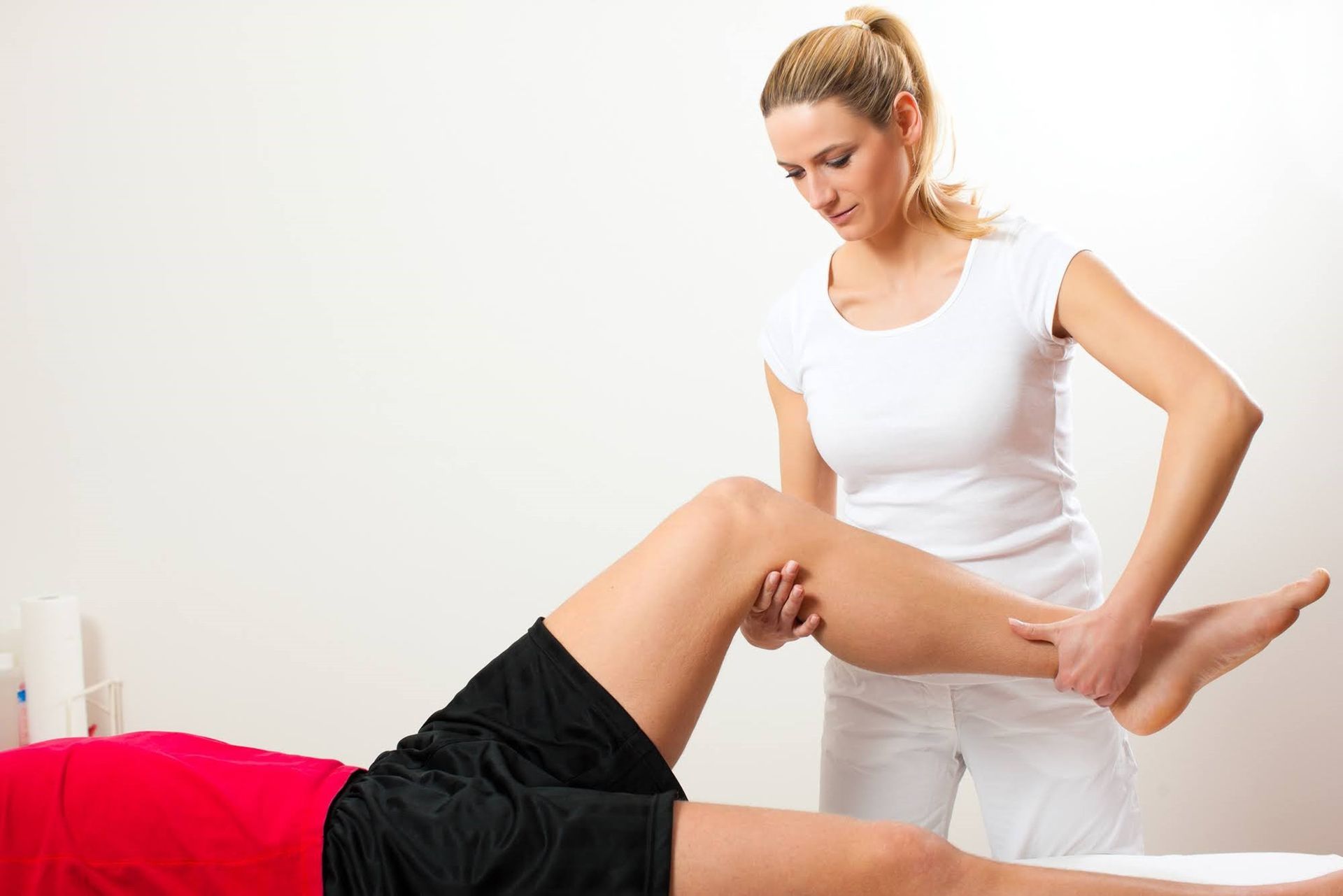
While repetitive wrist motions can cause a person to develop carpal tunnel syndrome, it's not the only way someone can get this condition. Here are three other medical issues that can contribute to the onset of carpal tunnel and how physical therapy can help.
Wrist Sprains and Fractures
Nerve signals and sensations travel to the fingers, thumbs, and palms through the median nerve, which runs down the forearm and through a small bone in the wrist. Fractures and sprains can cause wrist bones to put pressure on the nerve, resulting in irritation, swelling, inflammation, and eventually, carpal tunnel if not properly treated.
Depending on the injury, surgery may be required to repair the bone. Engaging in physical therapy after your wrist heals can minimize the risk of developing carpal tunnel by reducing stiffness, restoring your range of motion, and strengthening the bones; all of which can alleviate or prevent harmful pressure on the nerve.
Generally, a doctor will prescribe a few weeks of physical therapy as part of your treatment. If, for some reason, your doctor doesn't, broach the subject yourself. Physical therapy can be invaluable for keeping your wrists healthy, so make sure it's on the menu.
Arthritis Conditions
Rheumatoid arthritis, osteoarthritis, and similar conditions affect the body in different ways but they all cause some level of inflammation in the wrist area. This inflammation, in turn, causes swelling that essentially squeezes the median nerve. Over time, this constant pressure can result in both nerve damage and carpal tunnel syndrome.
Arthritis conditions are typically treated using anti-inflammatory medications, such as corticosteroids, and health aids like braces or splints. Pairing physical therapy with these treatments can improve wrist function and help stave off carpal tunnel.
In addition to helping strengthen your wrist and hands, a physical therapist will also recommend lifestyle and environmental changes to make that will alleviate the pain and pressure in your wrist. For example, they may propose doing hot and cold therapy to reduce swelling and using an ergonomic keyboard and mouse to do computer work to minimize wrist strain.
Even a small amount of physical therapy can be beneficial, so it's a good idea to speak to an industry professional about developing a treatment program for your condition.
Peripheral Neuropathy
The reason why alleviating pressure in the wrist is critical is because it can damage the median nerve. However, anything that causes the median nerve to deteriorate can contribute to the onset of carpal tunnel syndrome, which includes conditions that cause peripheral neuropathy.
As noted previously, nerves are responsible for sending signals and sensations to various body parts. Damage to the nerves makes it harder for these signals to get through, leading to problems such as poor motor function, impaired senses, and difficulty regulating autonomic functions (e.g. blood pressure, body temperature).
Diabetes, some neurological conditions, infections, and even medication can cause peripheral neuropathy. Depending on the source of the problem, treatment often involves a combination of lifestyle adjustments and medicine.
However, participation in occupational therapy is typically encouraged, especially when motor function has been impaired in some way, as is usually the case when the median nerve is damaged. By the time peripheral neuropathy has been diagnosed in the wrist, some symptoms of carpal tunnel may already be evident.
Thus, physical therapy will focus on mitigating the damage by having you do exercises that stimulate nourishing blood flow to the nerve as well as strengthen the wrist. The therapist will also help you find new ways to move your hands and arms that may slow the progression of the disease and alleviate symptoms.
Preventing and treating carpal tunnel requires a holistic approach, of which physical therapy can play a significant part. To develop a treatment plan that can help you obtain and maintain healthy hands and wrists,
contact our facility today.

